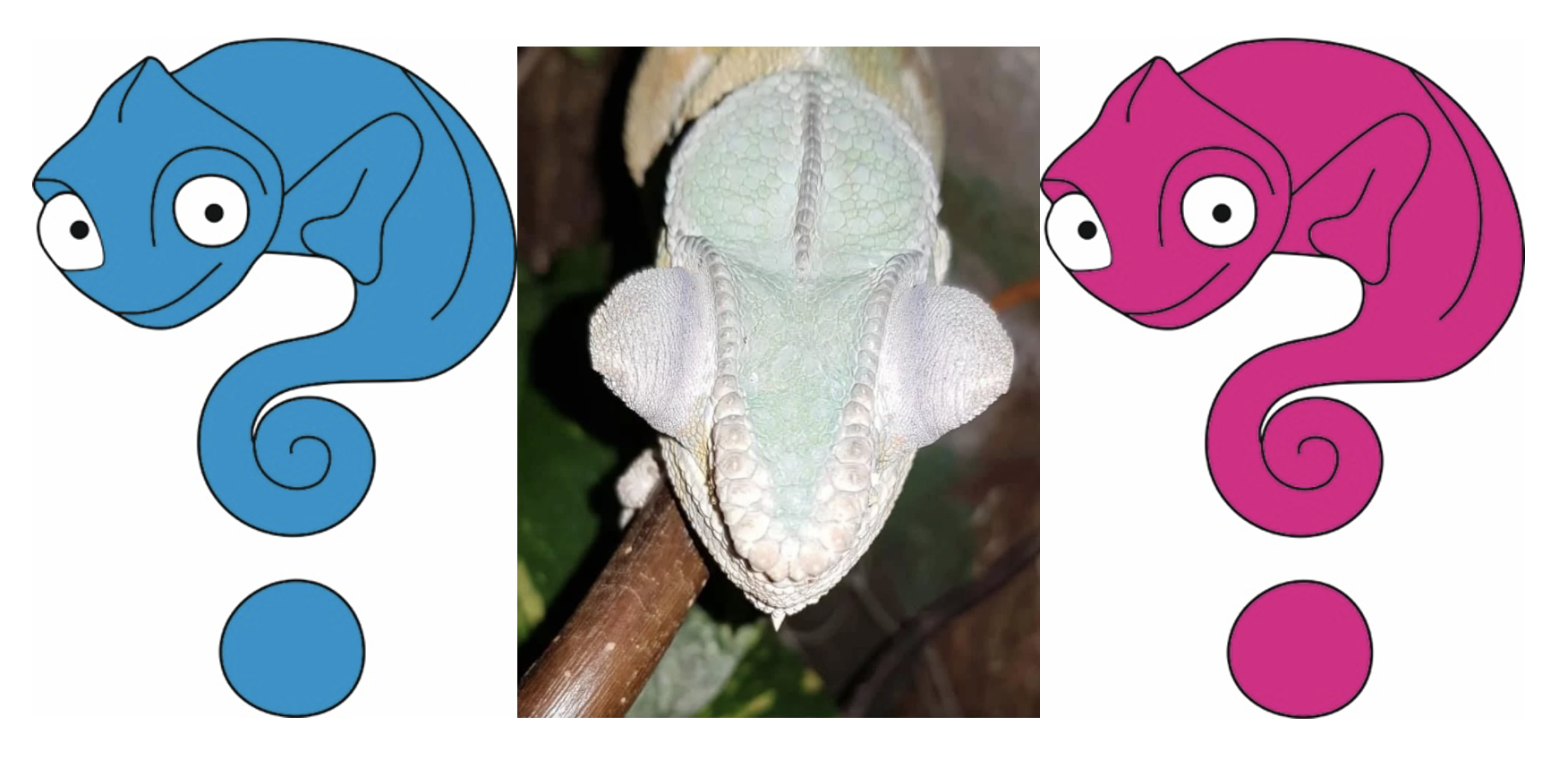Myth 20: “Protruded Eyes Are a Reliable Sign of Ophthalmic Disease”

Mistake: It is a common belief that chameleons with protruded eyes are suffering from an eye disease. And yes—this can be true. But the reverse belief—that any chameleon with protruded eyes must have an ophthalmic issue—is false in most cases.
Why This Myth Is Misleading
Chameleons are masters of eye control. They can retract and protrude their eyes voluntarily and involuntarily, depending on mood, behavior, or health. So while protrusion can be a symptom of disease, it's far from a reliable standalone indicator.
When Protruded Eyes Do Not Mean Disease
Chameleons protrude their eyes for many reasons—some passive, some deliberate.
Passive Protrusion (involuntary):
Hyperhydration
Ophthalmic disease
Respiratory infection
Parasites
Sleep (especially head-down position)
Proactive Protrusion (voluntary):
Stress
Dominance display
Combat posture
Antipredatory behavior (e.g. thanatosis)
Eye cleaning
They can shift from normal to bulging eyes in seconds—and back again—depending on what they're doing or feeling.
So What Should You Look For?
If you suspect an eye disease, don't rely on protrusion alone. Instead, look for multiple signs, such as:
Swelling around the eye
Discharge or crust
Cloudiness or opacity
Difficulty tracking movement
Frequent rubbing or scratching
Loss of appetite or lethargy
Unilateral protrusion (only one eye affected)
Only when several of these symptoms appear together should you consider ophthalmic disease as a likely cause.
The Bottom Line
Chameleons use their eyes like tools. They retract them to protect during feeding or combat. They protrude them to clean, intimidate, or signal stress. They do it deliberately—and they do it often.
So don't jump to conclusions. Don't panic at the first sign of bulging eyes. And don't drown your chameleon in treatments it doesn't need.
Happy Ending
When you understand the full context—not just one symptom—you'll make better decisions. You'll avoid misdiagnosis.You'll avoid unnecessary vet visits. And most importantly, you'll give your chameleon the care it truly needs.